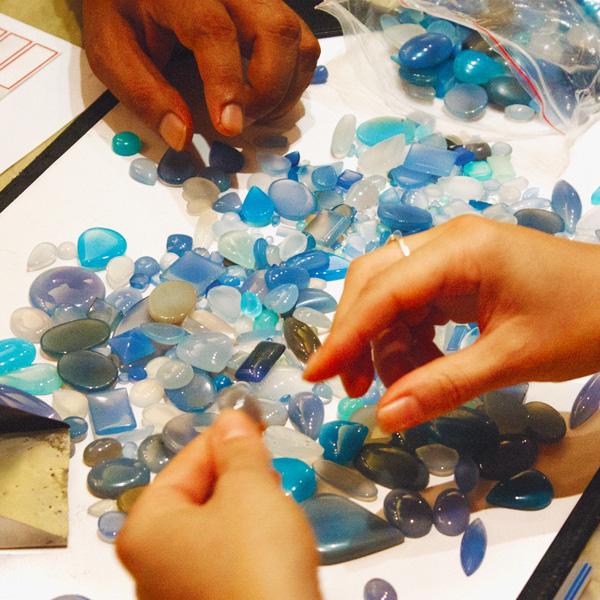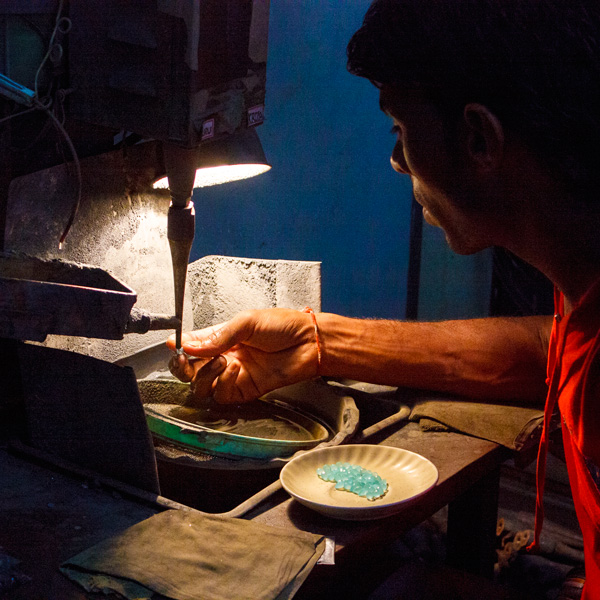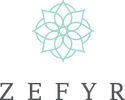What Makes a Brand ‘Ethical’?
18th Jun 2015
In April this year, two years after the Rana Plaza tragedy killed 1,129 garment workers in Bangladesh, the ‘Who Made My Clothes’ digital campaign went viral globally revealing the demand for transparent ethics in the fashion industry. A seed of consciousness was planted and ‘Ethical fashion’ is now officially a trend (according to hashtag world). It’s a hugely progressive move in the right direction, and the only downside is the new charge of bandwagon-jumping brands with no backup to their claims of virtue popping up all over the networks.
Scores of fashion and accessories labels out there in social media world are marketing themselves as ‘ethical’, ‘green’, ‘eco’, and ‘sustainable’ to tap into the booming conscious consumer market that’s been steadily growing in our increasingly ‘mindful’ world. While lots of the brand statements are legit and can be proven, others are yet to earn their stripes. Start-ups are chucking a one-worder like ‘eco’ in their bios to masquerade as the real deal without backing up their claims.
Official certification and/or eco-labeling are the clearest green flag of an ethical or eco brand, but for smaller businesses this can be an expensive and unfeasible option. Some brands do follow all certification processes and would qualify if audited, but simply can’t afford the official badge. In this light it can be hard to know which brands to trust.
One way to know is if a brand is a member of a publicly accountable ethical standards body - such as the Ethical Trading Initiative, the Sustainable Apparel Coalition or the Bangladesh Accord. If a brand bio states this, then its safe to say they are legitimately following appropriate practices.
Another way some brands are ticking the boxes is by publishing their own code of conduct online, or arranging for their supplier's compliance to be independently audited - which is what Aussie Fashion designer Leona Edmiston does. Sydney-based Jewellery designer Tanya Coelho of eco-label Zefyr Jewels recently flew to Jaipur to run a personal audit on her manufacturing processes. That’s dedication to the cause.
It’s important to know who makes our clothes and accessories, and how. And while a hashtag campaign works as a call to consumer action, it also notifies frauds of a market to manipulate. Here are the main sweeping terms you will see when shopping for fashion with your ethical hat on, and what they should mean. And if a brand is making claims and not backing them up, make them accountable – ask for verification using the grand soapbox also known as social media.
Ethical Fashion
According to Cleancut Australia, the word ‘ethical’ can be only be used to describe fashion and jewellery brands that focus on the social wellbeing of the workers involved in the manufacturing. Brands who claim this should ideally have transparent supply chains and their workers should be paid minimum or living wages. Lots of brands call themselves ethical but don’t follow the above standards.
Eco Fashion
Short for ecological, the ‘Eco’ title can be used to describe labels that minimise their personal ecological foot print in a variety of ways including using upcycled materials with a focus on care for the environment and planet. Some brands go so far as announcing their ‘fashion miles’ (the total distance a product has travelled from producer to consumer including transport, production and wear).
Sustainable Fashion
An umbrella term used to define fashion and jewellery labels that encompass both social and environmental impacts.
Sustainable jewellery is used as a definition for jewellery that has been made with sustainable materials, while following sustainable social practices and consideration of the whole jewellery life cycle. Both ethical and eco.
Other significant key terms
Artisan
Skilled craftsperson specialising in traditional hand production methods, such as jewellery making. A term used in fashion branding to describe a specialist worker in a developing country that is contracted by a western brand.
Closed loop production system
A system that utilises all byproducts so that there is no waste.
Fair Trade Certified
A brand receives this official certification if they have applied to the certification body and proven in their application that their practices meet set environmental and labour practices.
Fashion miles (aka Clothes miles)
A relatively new term - branching from the ‘Food Miles’ concept, a product’s fashion miles are the total distance that the product has travelled from producer to consumer and beyond. Fashion miles are important because of the carbon dioxide emissions invved in transport, production and use of clothes.
Repurposed materials
Materials that are often used in upcycling or recycled components of new items. This may include using bombshell metal for jewellery.
Upcycling
This involves saving a used or discarded item and improving it, such as reworking exisiting silver into another piece of jewellery.
Zefyr Jewels are made in Jaipur India in accordance with all above mentioned sustainable practices.


